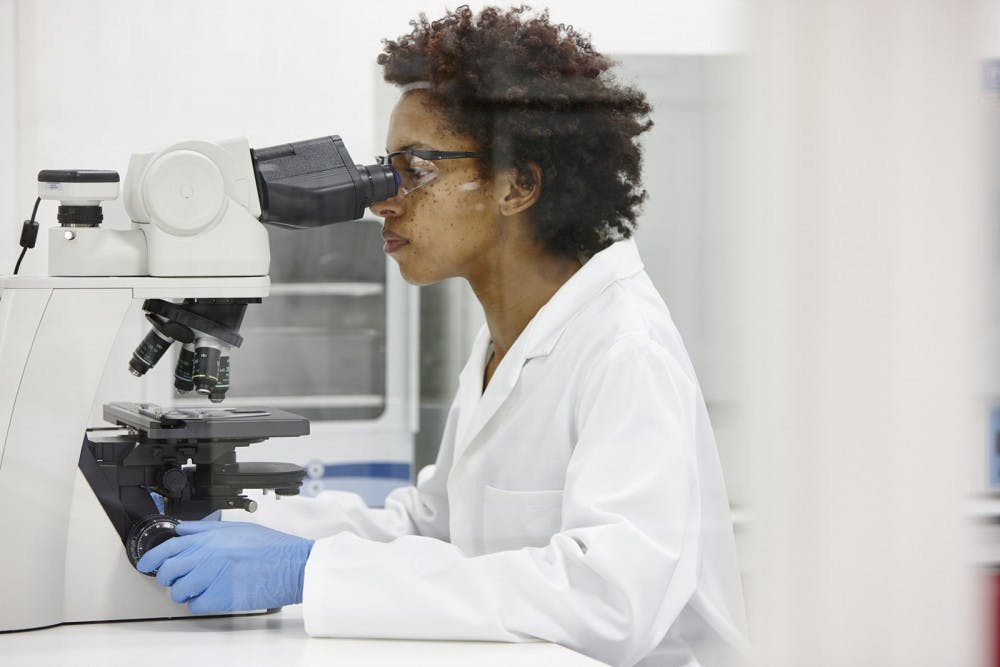What do Americans know about climate change? What do they know about reading charts or graphs? What do they know about science in general?
The common conception is that Americans don’t know much about science at all, and because of this, our science policy is doomed to fail.
In reality, however, there is more to trust in science than just education — many other factors come into play that we have to consider.
A new Pew Research Center survey indicates that although Americans don’t excel at general science, they aren’t complete dimwits either. This should be a reminder of how the relationship between science education and trust in science aren’t necessarily correlated, so improving science education may not be the fix-all solution to our supposed poor rapport with the field.
The Pew Research Center survey asked Americans 11 questions of varying difficulty covering life sciences, Earthsciences and physics, as well as questions involving chart reading and the scientific method. The researchers placed the respondents into high, medium or low science knowledge, depending on how many questions they answered correctly.
Eleven questions may not seem like a lot. Still, the Pew Research Center says the more questions someone gets right, the more likely they are to also have been exposed to many other areas of science as well.
All in all, the survey indicates that 71% of Americans possess “high” or “medium” science knowledge, which is surprising.
Also surprising is the fact that conservatives and liberals scored higher than moderates. You would think the opposite was true — people farther left or farther right have a greater tendency to twist scientific facts to match their agendas. However, in reality, both sides of the political spectrum performed about the same on this survey.
If Americans outperformed expectations on this survey, then why are there so many people who do not believe human-caused climate change is a threat? Why is the anti-vax movement so strong? Why do we still see all these pockets of anti-science spread across the country?
What you have to remember is that science is not a giant, uniform block. A person may welcome many scientific findings but deny others. We don’t treat all parts of science equally, and additionally, what we choose to agree or disagree with depends on our backgrounds.
Take for example the fact that 70% of Americans agree that global warming is happening and 57% believe there is a human cause behind it. Clearly, the knowledge is there.
However, while 71% of Democrats and 47% of independents consider climate change to be a serious problem, only 15% of Republicans think the same. What we see in this case is that there is agreement that something is true, but partisan disagreement when it comes to how we should deal with that truth.
Another report from the American Academy of Arts and Sciences found that belief in the safety of childhood vaccines depends mainly on race and ethnicity, while the belief that genetically modified foods are safe depends more on level of education. And belief in human-caused climate change depends mainly on both ideology and age.
Therefore, we cannot say good science policy will come out of good science education alone. The problem of trust in science is much more nuanced, depending on the specific area of science considered as well as the background of the person considering it.
Is science education a good start? Yes, it always is. But more research needs to be done into how scientists can regain the trust of the people they serve.






